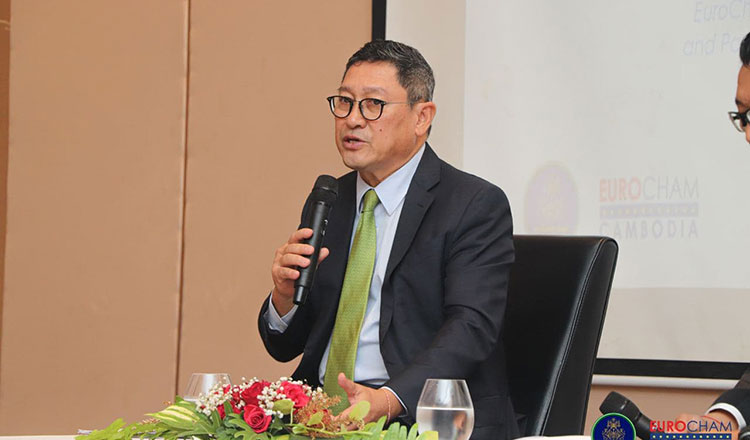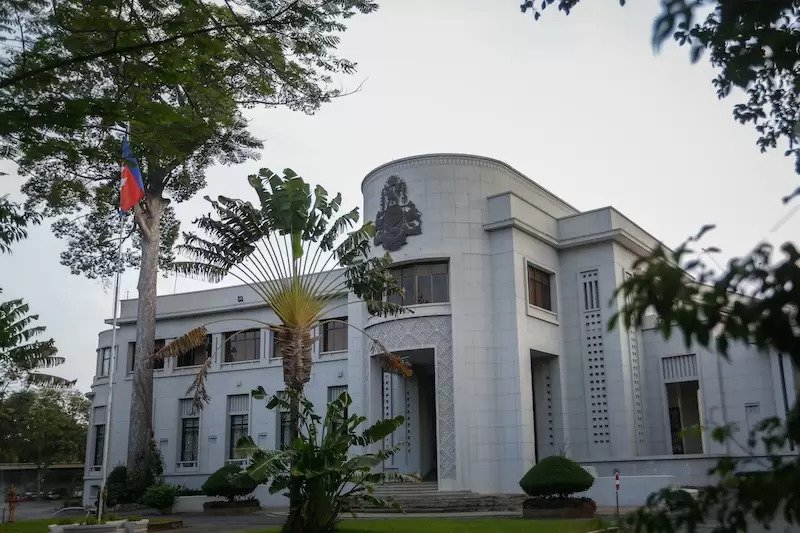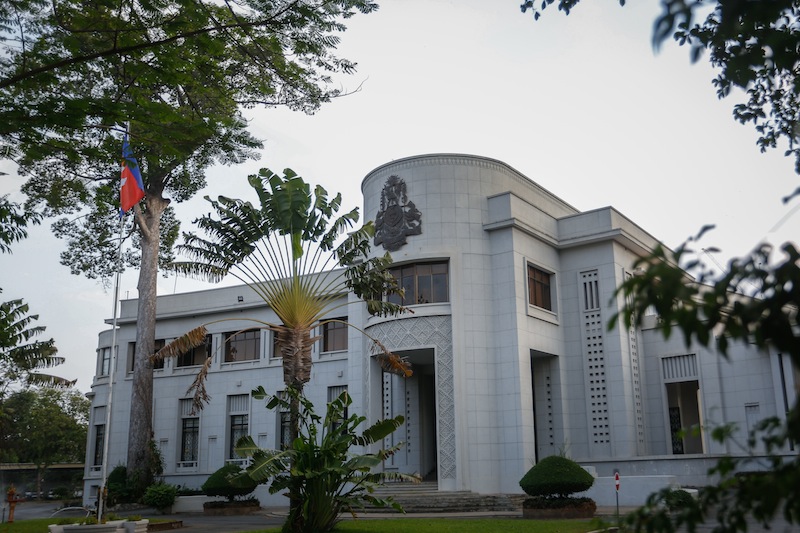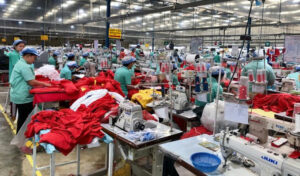CDC: Investment Law can be fine-tuned through Financial Management Law
The new Law on Investment has built-in flexibility so Cambodia can deal with unforeseen events such as the course of the coronavirus pandemic and the development of the Fourth Industrial Revolution (4IR), according to Sok Chenda Sophea, Secretary General of the Council for the Development of Cambodia (CDC). The law was promulgated on October 15 last year and will be amended by sub-decree but Chenda Sophea, who is also Minister Attached to the Prime Minister, said he would not divulge details.
“You ask me questions that will be contained in the sub-decree and I cannot say something that has not yet been adopted,” he told EuroCham members at an event on the law. “I have everything in mind. Actually, we have drafted it already but it’s a basic principle of mine for the law. Have you seen my comment before the adoption of the law? You have plenty of comments but never from the CDC,” he said.
Chenda Sophea said the law was drafted in a way that meant it did not have to be updated every two years. Instead, he said changes could be introduced through an annual Financial Management Law submitted by the Ministry of Economy and Finance.
“We are now living more than ever in the context of uncertainty. We are living in a fast-changing world. We give room for future decisions based on the new context that today we don’t know. For this reason, we don’t put it in the law,” he said. “Don’t panic. It doesn’t mean in the year 2022 it is not in and in the year 2023, you lose everything. For example with the digital revolution 4IR, today cannot anticipate next year. We all know that data centres are now top of our landscape. Here it is not mentioned. Clearly, we can put in the next Financial Law that investment projects in data centres from this day to that day will receive incentives.”
EuroCham chairman Tassilo Brinzer thanked the government for allowing the chamber and the private sector to give feedback when the investment law was being drafted.
“In particular our engagement for the part of the law that currently receives the most attention from the international media, its green business and sustainability provisions, have been a key focal point of our consultation. Knowing that green business and sustainability is always highest on the global agenda we always believed that recognising this global and regional trend, and I can say within ASEAN and its global business community of over 10,000 business, green business and sustainability is the single top economic topic for the near future. This will mean huge investment for Cambodia in the coming years,” Brinzer said.
EuroCham members pushed Sophea for more information on which small and medium-sized enterprises (SMEs) would receive tax incentives under the investment law since it mentions SMEs in “priority sectors” without giving precise details of which type of SMEs will be included.
“Among the 19 sectors that will be eligible for incentives you have, in point nine, SMEs in priority sectors. We have to mention priority sectors because without these words people will misunderstand. All the SMEs would think ‘wow, we are eligible’ and then they will be disappointed,” he said. “What are priority sectors is in my mind but I can’t share it with you,” he said. “Logically it’s definitely SMEs that will supply those [19] sectors.”
Sophea was also asked whether the sub-decree to the investment law will define the geographical locations where new investment will be encouraged and incentivised. He pointed to Vietnam and Thailand where incentives were allocated to Zones A, B and C. In Zone C, areas that were remote and lacking infrastructure, he said incentives were given but no development happened. He said the CDC and the government did not see the point in giving incentives to projects in areas where poor infrastructure would likely lead to failure. Khmer Times






